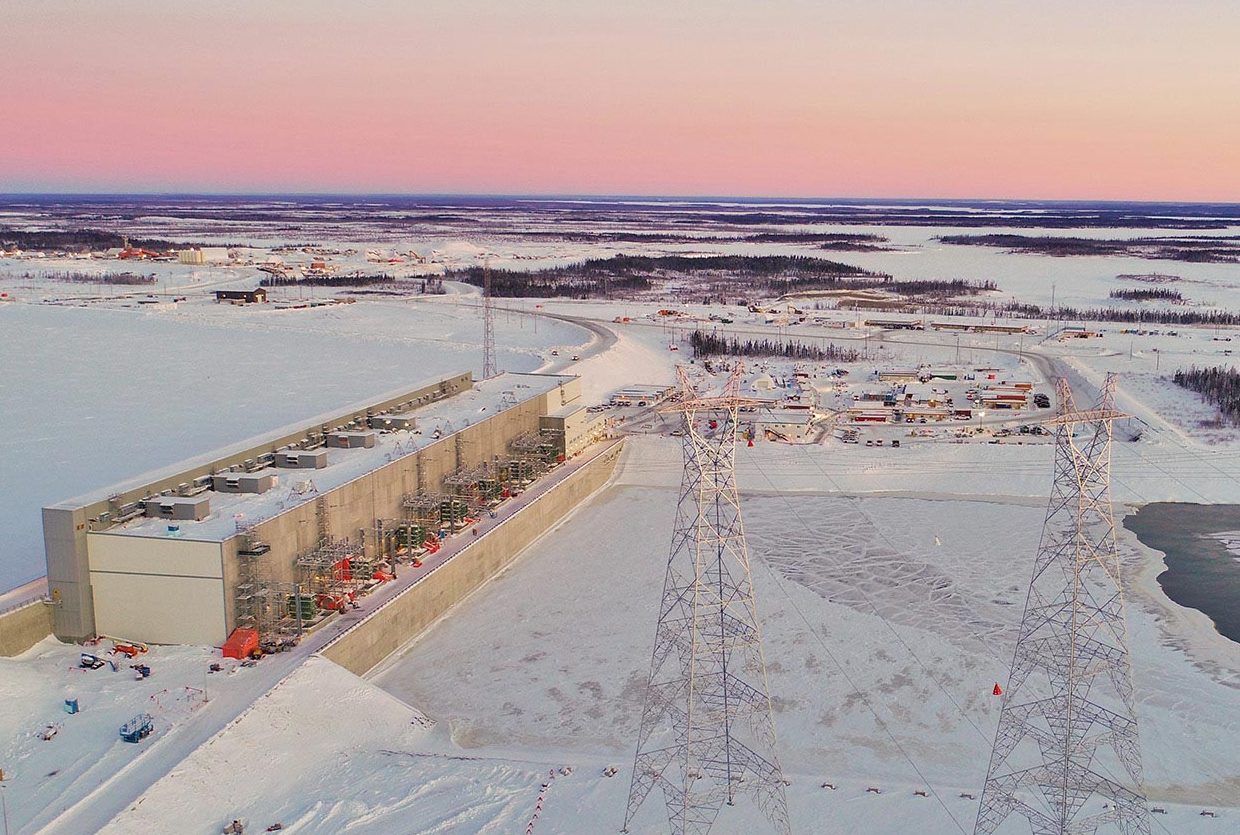Government policy can aid society and the economy, but frequently it does the opposite.
Lately there has been a lot of concern raised, and quite rightly, about Canada’s dismal productivity growth record and growth prospects. Several multilateral organizations expect Canada’s real (adjusted for inflation) personal income growth to be negligible over the next thirty years (an entire generation).
To boost productivity, governments are trying several things.
One focus has been on the skill sets of workers: encouraging young people to enter highly marketable technical trades rather than university programs.
Another thrust has been to foster a more extensive, intensive, and robust innovation ‘ecosystem’, coupled with venture capital and institutional investor funding. Addressing permitting obstacles and other regulatory impediments are another approach.
While these moves have merits, they will do little for productivity growth. The reason is that the federal and provincial governments keep doing the same counterproductive and wealth-destroying actions: committing large wads of taxpayer-sourced capital to low-profit money-burning projects.
In past years provincial government-owned utilities BC Hydro, Manitoba Hydro and Nalcor (an umbrella company for Newfoundland and Labrador Hydro), spent, respectively, $16 billion on the Site C dam on BC’s Peace River – up from an original estimate of $8.8 billion); $14 billion on Keeyask and $5 billion on its transmission line Bipole III (up from, respectively, $6.5 billion and $2.2 billion); and a colossal $13.5 billion for Muskrat Falls in Labrador – up from $7.4 billion.
In aggregate, $43.2 billion has been spent, with huge overruns past early estimates of $23.9 billion – horrendous results for just a couple of gigawatts of ‘cheap’ power in total – just enough for a million households. Nuclear power plants built with that money would have generated much more power, with a much smaller environmental footprint.
To those massive provincial governmental blunders should be added the $35 billion in tax relief subsidies that Ottawa – the federal government – lavished on only three electric vehicle, ‘EV’, battery plants. The federal Parliamentary Budget officer reports that two of them ‘might’ be paid off in ‘as soon as’ twenty years.
Topping it off, the feds bought the Trans Mountain Pipeline from Kinder Morgan for $4.5 billion, where government-induced regulatory obstacles continue to explode costs. Now, Ottawa has spent a staggering $30.9 billion, almost six times the original estimate of $5.3 billion to expand the pipeline. It will be impossible to recoup anything near what is being spent . For more than eighty percent of its route, the new, parallel Trans Mountain line follows the existing line: the additional enormous expenses accrued from massive mismanagement.
What all these projects have in common is extravagant government financing of endeavours of dubious commercial merit to begin with. For government utilities, political considerations dominate. The biggest flaw in the state-owned enterprise model: political aims trump commercial profitability. The same truth runs through the EV and Trans Mountain debacles. The valuable book ‘How Big Things Get Done’ would be better titled ‘How Big Things Get Botched’ in Canada.
A country’s economy is the aggregation of its firms and people. Huge malinvestment means the output of bad projects is low-return. The result of such political spending: lower productivity, and wealth per citizen And as always, the sad reality is that our kids will pay for this with a lower standard of living.
Ian Madsen is the Senior Policy Analyst at the Frontier Centre for Public Policy



